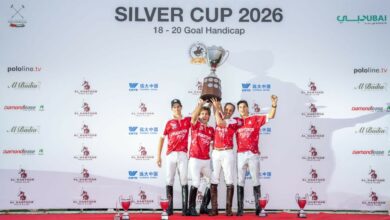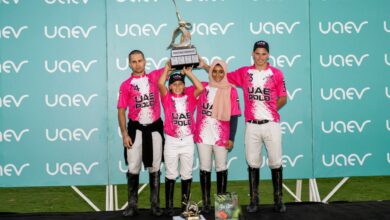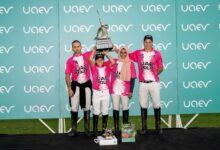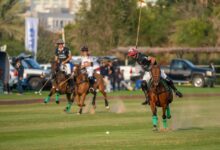Polo is unique in many ways – the relationship between player and patron is but one of them, and quite a complicated one at that. The coming together of the two as fellow teammates is difficult and sensitive for a number of reasons.
For your average small-time spectator or corporate guest, it’s a question of a nice day out watching a usually quite glamorous spectacle involving two teams of four battling it out for supremacy – with a player at the end of the field ultimately potting the ball through the posts. In most cases he or she will have Number 1 on their shirt.
It is an absolute fact that patrons and players most often come from diverse financial and social backgrounds and have different perceptions of the sport. Patrons are typically wealthy (let’s face it, they have to be) and well-connected individuals who although very invested, may not have a deep understanding of the sport or the challenges that their employed professional players face. They are attracted by the associated prestige and sponsorship possibilities that financing and running a team brings, but because they have busy schedules and responsibilities off- pitch, for the patron/player it is often impossible to find time to train, improve or be part of training chukkers. Often enough this makes the patron the weakest player in the team. You guessed it, despite an undoubted determination on the part of the individual concerned that’s going to be player Number 1.
The professional player on the other hand, is usually a fit athlete focused on training, competing and increasing a handicap – and intent on making a good living. It’s what the job is all about: Travelling around the world looking for work and playing tournaments. Being separated for long periods of time from family back home is part of the deal. Although not blind to its existence, the professional is likely to be largely unaware of the minutiae of a patron’s off pitch business and financial concerns.
So, we have a team, consisting of both amateur and professional players – rare to find in a sport with so much financial investment. Quite obviously it involves a number of very contrasting dynamics. In a perfect world the key to success would be honest communication at all costs but too often in this scenario there are multiple unspoken agendas concerning different goals and different interests, not to mention different languages.
Language barriers are often a big issue when patrons and players might disagree about how the team should be run and managed or what the team line up should be; How much money should be invested to be well mounted and should there be a trainer/coach or not. All this can lead to disagreements and team tension, all the while with the knowledge that the patron is the ultimate financier and hence the final decision maker for the team and potentially for the career and financial stability of the individual player.
Polo is a very competitive sport. Tensions and pressures naturally exist – in and off-pitch. The power dynamic between patron and pro is a real one because there is so much at stake for both parties. The sport (particularly high goal) is based on this power dynamic, where realistically the patron has full control over just about everything bar the final score. For the player it is vital to retain the patron to secure the income stream. For a pro player to be without a patron for a season it is likely to be a costly experience – hence team tension is always a part of this high-stakes sport. Dependence issues and insecurity about career instability might well lead to attempts to isolate the patron from other professionals looking to become part of the gig. It’s not new. On the other hand, many patrons feel a huge responsibility for their players, and this naturally adds to the not to be underestimated issues and headaches of running a polo team.
In conclusion, to have a functioning, positive relationship, (if human nature, language barriers and local agendas could be put to one side), both parties need to communicate effectively and have mutual understanding and respect for each other. The role of a coach/trainer is often key to this as a relative outsider can read between various lines more objectively and hopefully engender team spirit amongst all. Good Luck!
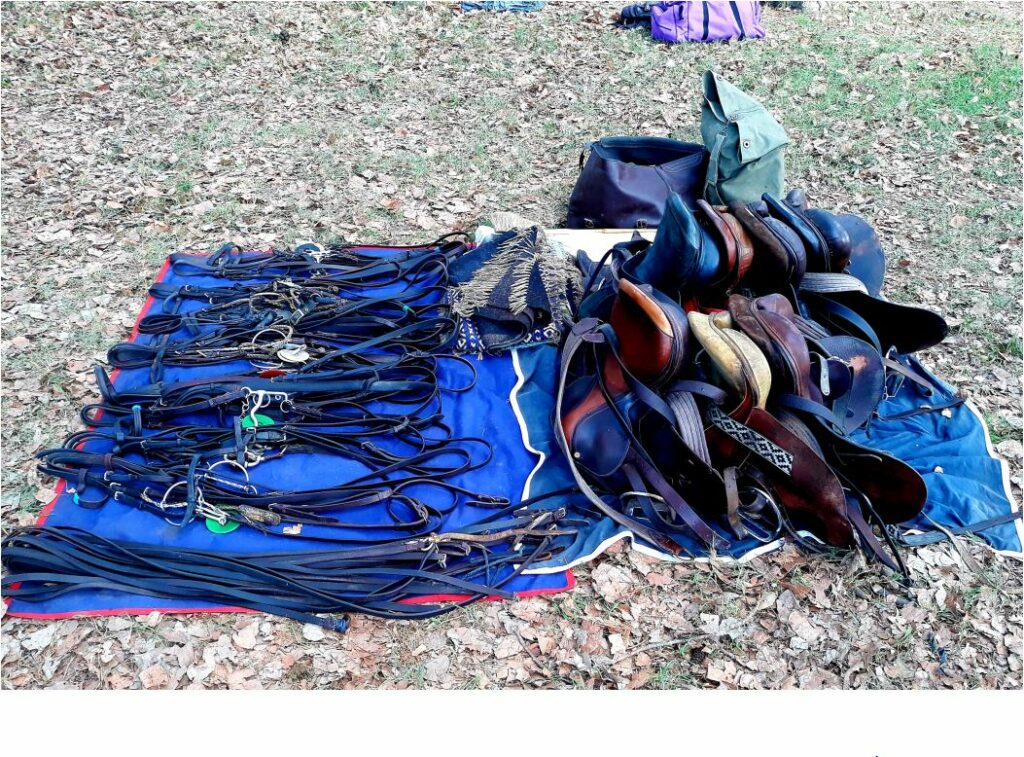 About the author: A 0 goal rated Polo Player, Kristin Grube is a Mental Game Instructor, certified by the International Mental Game Coaching Association, as well as a Sports Mental Trainer, certified by the Zentralstelle für Fernunterricht in Germany. She continually undergoes training to gain new knowledge of the latest state-of-the-art techniques in the field of Mental Training. She has coached Polo players, as well as Golf and Rugby athletes and also trains Executives to reach their peak performance. As a player herself, she has competed in the UAE, Argentina, Germany, the UK and Thailand – both on horses and elephants. She can be reached through her website www.polomentalcoach.com
About the author: A 0 goal rated Polo Player, Kristin Grube is a Mental Game Instructor, certified by the International Mental Game Coaching Association, as well as a Sports Mental Trainer, certified by the Zentralstelle für Fernunterricht in Germany. She continually undergoes training to gain new knowledge of the latest state-of-the-art techniques in the field of Mental Training. She has coached Polo players, as well as Golf and Rugby athletes and also trains Executives to reach their peak performance. As a player herself, she has competed in the UAE, Argentina, Germany, the UK and Thailand – both on horses and elephants. She can be reached through her website www.polomentalcoach.com




